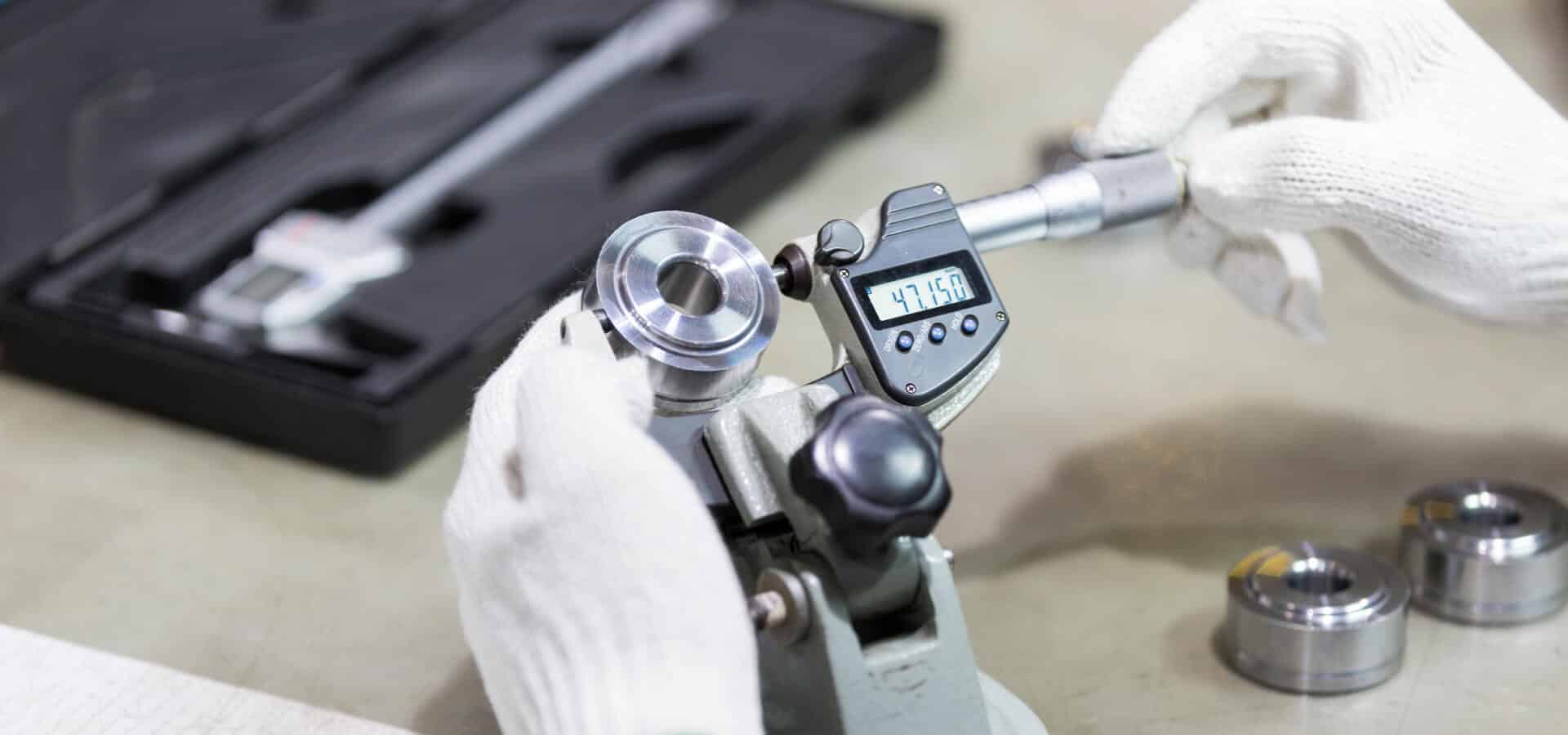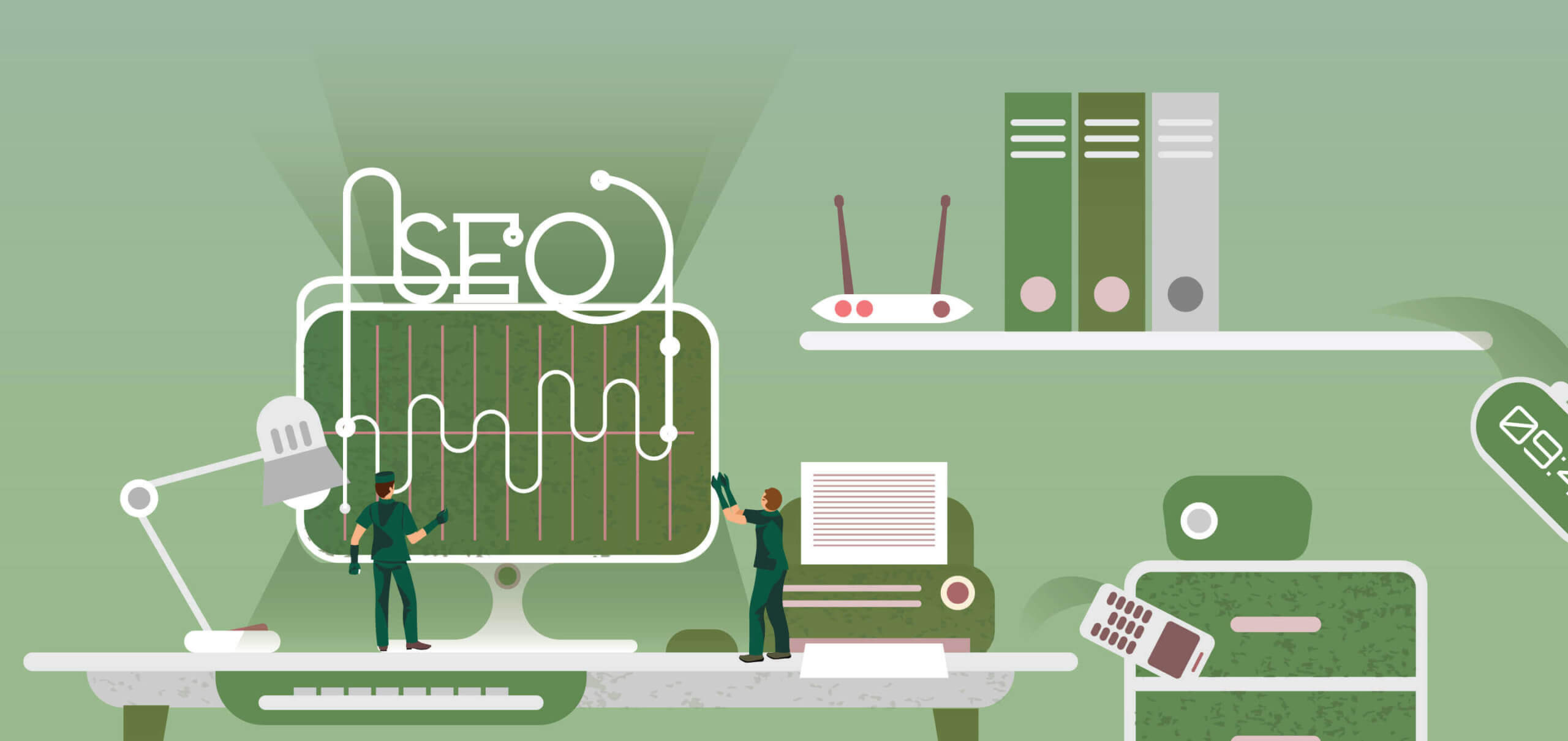Testing equipment calibration entails tuning and confirming the precision of tools used to measure parameters. This important procedure guarantees that devices offer readings that uphold quality and safety standards in various sectors. Manufacturing, healthcare, and aerospace industries depend on calibrated instruments to meet regulatory mandates. Precise measurements not only ensure compliance but also boost operational efficiency.
The Significance of Calibration in Different Sectors
Companies in sectors like manufacturing and healthcare, as well as aerospace, rely greatly on accurate measurements for various purposes. In manufacturing, to guarantee product quality and functionality through calibrated tools. In healthcare, to provide correct diagnoses rather than misdiagnoses with precise readings from medical devices. In the aerospace sector, it is important to ensure the safety and efficiency of aircraft operations through exact measurements. Thus, test equipment repair and calibration plays a vital role in minimising mistakes and risks while upholding superior quality standards.
Ensuring Adherence to Regulations
Government agencies enforce rules to ensure that businesses follow guidelines in their operations consistently and safely, as required by standards set in place for industries to operate smoothly and securely. The right equipment calibrated is crucial for meeting these rules since it gives information needed to comply with the regulations.
Keeping instruments calibrated regularly ensures they stay accurate within defined limits so that procedures are safe and efficient. Neglecting equipment calibration can lead to compliance issues that may result in serious repercussions, like legal trouble and financial setbacks.
Boosting Operational Effectiveness
Ensuring measurements is essential for streamlining operations and enhancing efficiency in the workplace. Well-adjusted tools can spot irregularities and anomalies effectively, enabling businesses to make informed choices. Early detection of problems enables firms to take preventive steps promptly, resulting in decreased downtime and improved productivity. Additionally, frequent calibration lowers the risk of equipment breakdowns that could result in fixes and production interruptions. Dependable measurements consistently aid in functioning and effective resource allocation.
Improving the Quality of Products
Maintaining top-notch product quality is crucial across all industries. It directly ties into the calibration precision of equipment used for testing purposes to meet requirements and function effectively. For instance, in the pharmaceutical industry, where even slight variations can result in major impacts, ensuring superior products will not only enhance customer satisfaction and loyalty to the brand but also bolster the company’s competitive edge in the market. Routine calibration plays a key role in upholding product integrity by meeting or surpassing industry benchmarks.
Achieving Financial Benefits by Adjusting Parameters
Calibrating equipment might seem like a cost initially. However, it can result in significant savings over time. Precise measurements prevent the production of goods, which ultimately reduces waste and rework. Additionally, calibration helps avoid penalties linked to non-compliance while ensuring that equipment functions efficiently, thus prolonging its lifespan.
By investing in calibration services, companies can cut down on repair costs to avoid the need for replacements and sidestep fines. Although the initial expense of calibration may seem high, the term financial benefits and enhanced operational efficiency make it a worthwhile investment.
Setting up a Routine for Adjusting and Tuning Equipment
Creating a schedule for calibrating equipment is crucial to ensure the precision of testing tools remains intact over time. The calibration frequency can differ depending on the industry and the instruments used. Some businesses may opt for calibrations, while others might require frequent assessments.
When establishing a calibration routine, it’s important to evaluate the importance of each instrument and follow manufacturer guidelines and industry norms. Maintaining documentation of calibration tasks is key for traceability and spotting any patterns or recurring problems that may arise.
Selecting a Trustworthy Calibration Service Provider
Choosing a calibration service provider is essential to guarantee the precision and dependability of testing equipment. It is important that regulatory organisations recognise the provider and employ experienced technicians who specialise in different types of instruments. Furthermore, they should provide services such as calibration to reduce any potential downtime. Assessing the provider’s reputation, customer feedback, and range of services can aid businesses in making informed choices. Collaborating with a calibration service provider ensures that instruments are upheld to the standards.
Wrapping Up
In summary, calibrating test equipment to meet industry regulations, boost efficiency and uphold product standards is crucial. By recognizing the significance of calibration and establishing a maintenance routine, companies can prevent penalties, enhance workflows and save on costs. Selecting a reliable calibration service provider guarantees that equipment stays precise and dependable. Ultimately investing in calibration leads to best industry practices, better quality goods and a competitive stance in the market.



